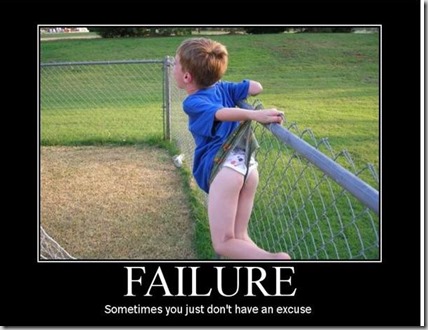People driven to overachieve are motivated by an unhealthy compulsion to show they are worthy. "Overachievers have an underlying fear of failure or a self-worth contingent upon competence," says University of Rochester psychologist Andrew Elliot. "Rather than setting and striving for goals based on a pure desire to achieve, their underlying motivation impels them out into the world to avoid failure." SOURCE
Does that sound like you? Personally, I’m getting scared.
How about this…
Why Motivation Matters
There are three basic ways to go after an objective. Approach-mastery goals are pure, focused on self-improvement for its own sake and predictive of learning and deep processing: e.g. "I’ll memorize spelling bee words because it’ll be fun to know what guidon means!"
By the way and in case curiosity gets the better of you (as it did me), here is the definition of guidon: ![]()
In the United States Army, Navy, Marine Corps, and Air Force, a guidon is a military standard that company or platoon-sized elements carry to signify their unit designation and corps affiliation or the title of the individual who carries it. A basic guidon can be rectangular, but sometimes has a triangular portion removed from the fly (known as "swallow-tailed") Source
19th century guidon used by the 7th Cavalry Regiment
Performance-approach goals are more complicated, focused on competition with others and predictive of strong performance: "I want to kick butt in the spelling bee to show that bespectacled dweeb I’m a genius!"
Performance-avoidance goals are a troubled stew, focused on preventing bad outcomes and predictive of worse performance: "I must win the spelling bee or my boyfriend will dump me for the bespectacled dweeb."
I’m a sampling of Approach-Mastery and Performance-Approach. Can’t say I care if anyone doesn’t like me because I fail. I don’t like myself much when I don’t succeed AND THAT is where the problem lies.
Overachievers are likely to adopt competitive performance-approach or fearful performance-avoidance goals because of an underlying motivation to "be better than others to avoid rejection," Elliot says. That negative underpinning can turn an otherwise useful performance-approach goal into one that causes stress. But avoidance goals are even more problematic, he adds, because they "create worry and distract people from the task due to self-concerns." Those self-concerns, in turn, can cause low self-esteem, feelings of incompetence, and life dissatisfaction.
The Perfection Paradox
Perfectionism is a key feature of compulsive over striving and being driven to achieve, says psychologist Gordon Flett of York University. Painfully high self-standards may compel overachievers to obsessively pursue success—picture the college student with the 3.9 GPA who can’t stop self-flagellating over that one B+.
See that word “OBSESSIVELY”… and that is my point!
The irony: Though they strive for greatness, most perfectionists are destined for disappointment. "The data on perfectionism and actual performance show little payoff in terms of objective achievement," Flett reports. And when perfectionists do perform exceptionally, he adds, "many evaluate themselves quite harshly and don’t feel especially good about their accomplishments."
Ah yes. I believe I just defined ME! Then there is another problem, if those lofty goals are achieved, say in my case running a 3:29:59 marathon (yes, under 3 1/2 hours, but I did say “lofty”), who’s to say the over achiever/perfectionist stops there? I don’t think we do. If we achieve our goal then we believe it’s quite possible to go farther, achieve more. A never ending, ultimately defeating cycle.
In conclusion, I ask:
Do you think this defines the runner? I’m talking about the competitive runner. Those of us who go after age group wins.
Do we go one step more from the Type-A personality and leap to Obsession/Perfectionism, OVERACHIEVER-ISM?




